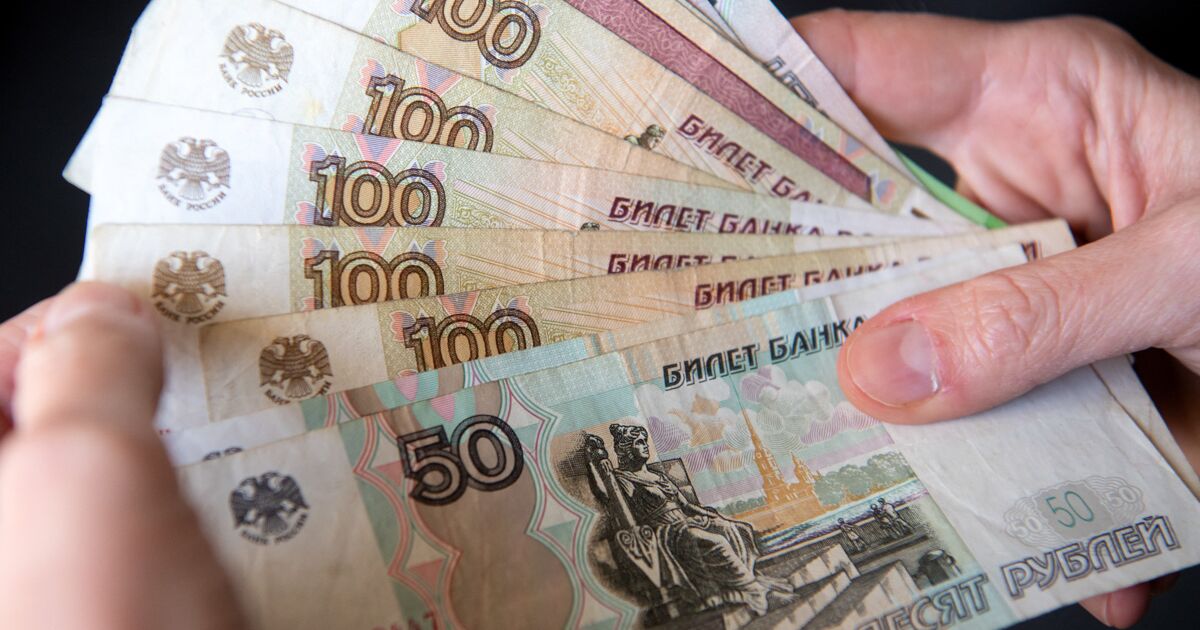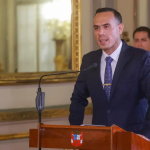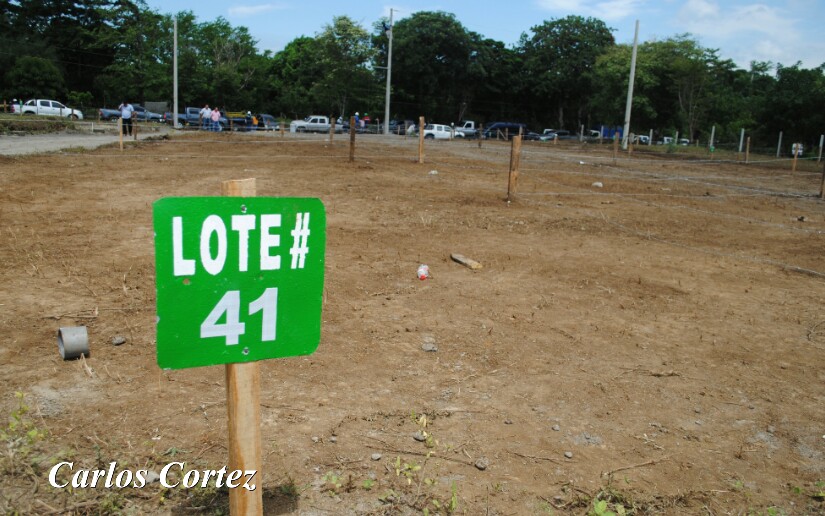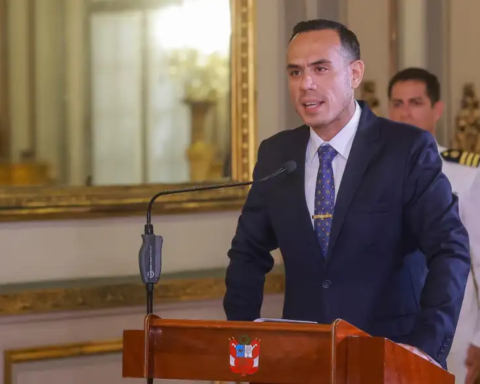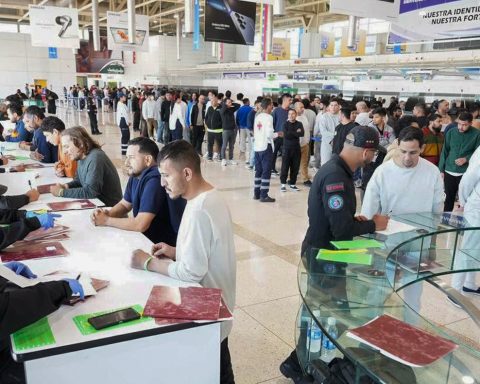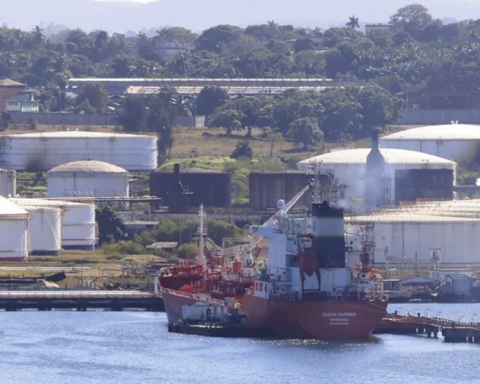Before the latest devastating Western sanctions, which froze central bank assets, such a Russian default was not on anyone’s radar.
This is due, in part, to the fact that Russia, which describes its actions in Ukraine as a “special operation”, has only 40,000 million dollars in international bonds outstanding in 15 issues in dollars or euros, a minuscule figure in relation to its peers and its own gross domestic product.
Most bonds traded well above par through mid-February as investors shrugged off Moscow’s troop buildup on the Ukraine border and US warnings of an imminent invasion.
Two weeks later, bond investors have realized that default is no longer a distant prospect. Russia’s risk premium has soared and credit default swaps – derivatives used to secure exposure – are at record highs.
And some dollar bonds are now trading below 30 cents per dollar face value, with abysmal trading volumes. The foreigners, who hold about half of Russia’s foreign-currency debt, are focused on March 16, when they must pay $107 million in coupons on two bonds.
“Will Russia pay or not? There is a very important uncertainty at the moment, after the sanctions applied to the Russian central bank and the Ministry of Finance,” said Marcelo Assalin, head of emerging markets debt at the investment manager and firm of financial services William Blair in London, which owns part of the Russian debt.
Both JPMorgan and global banking lobby group the Institute of International Finance (IIF) have warned that there is a significantly increased risk of Russia facing its first foreign debt default.
March 16 is the first of several payments, with another $359 million of a 2030 bond due March 31.
The first principal payment is due on April 4, when a $2 billion bond matures.
Without SWIFT
In theory, Russia has ample reserves to cover the debt. In practice, the asset freeze has reduced what the central bank has available to make payments.
Second, the execution of payments will be more complicated after sanctions have limited Moscow’s access to global SWIFT payment systems.
And finally, the asset freeze undermines Russia’s ability to defend its currency, increasing the cost of servicing foreign debt. “Freezing foreign reserves could significantly weaken the ruble and raise sovereign and corporate debt default fears,” said Dirk Willer, head of macro strategy, asset allocation and emerging markets at Citi in New York.
The central bank and finance ministry did not respond to a request from Reuters for comment on the possibility of a default. However, Russia could pay with available cash and even without SWIFT. But many argue that he has little incentive to do so, given that the West has focused on his savings abroad.
“The determination of Western governments to isolate Russia from the international financial system, combined with a potentially weaker willingness on the part of the Russian government to service its debt on time and in full, raises the likelihood of more severe credit outcomes. for foreign holders of Russian debt securities,” rating agency Moody’s said.
Moscow has already banned foreign investors from selling domestic Russian assets and ordered a temporary suspension of securities payments to foreign entities. For Moody’s, the measure reflects “a growing lack of predictability in political decisions.” The bonds themselves have been issued with a mix of terms and deeds, JPMorgan notes.
Notably, papers sold after Russia was sanctioned for its 2014 annexation of Crimea contain a provision for alternative currency payments. If “for reasons beyond its control” Russia cannot pay in the currencies in which the bonds were issued, the dollar and the euro, they can be made in dollars, euros, British pounds or Swiss francs, the documentation shows.
The ruble is listed as an alternative currency option for bonds issued from 2018, notes JPMorgan. Given that most Eurobonds have a 30-day grace period on both principal and coupon payments, Morgan Stanley estimates that the first possible default could be April 15, when the grace period on the coupon expires. 2023 bonus.
Meanwhile, default fears have also spread to the $35 billion Russian corporate debt market. The state-owned company Gazprom GAZP.MM is due to repay a $1.3 billion bond on March 7, a litmus test of Moscow’s attitude towards foreign creditors.
